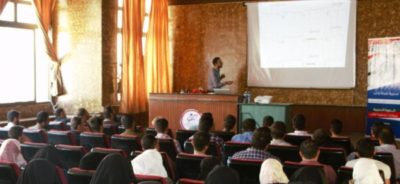Pediatric surgery is a subspecialty of surgery involving the surgery of fetuses, infants, children, adolescents, and young adults. Pediatric Surgeons cope with wide physiological differences between each of the age groups from newborns through to near-adults, as well as specific set of skills and professional attitudes for dealing with children and their families
Paediatric surgeons perform surgery for a very wide range of conditions.
In simplest terms, a Pediatric surgeon can perform types of surgery that are wide-ranging and include:
• Neonatal surgery
• Trauma surgery
• Abdominal surgery
• Thoracic surgery (oesophageal, lung and bronchial anomalies)
• Urology
• Hepatobiliary and pancreatic surgery
• Both Interventional & Diagnostic : Endoscopy ( Upper GI & Lower GI) , laparoscopy , Bronchoscopy (Rigid & flexible ) , Cystourethroscopy
• Oncology
• Reconstructive Surgery Of some congenital malformations such as Ambiguous genitalia , Cloaca Malformation and Ano-Rectal Malformations .
The challenge is that this is not just surgery in “little people”; it is a specialty that requires the technical agility to work on small structures, an understanding of the embryology and physiological processes of growth and development, how it can go wrong and how surgery can change long term outcomes. Working with families of children with congenital diseases often develops into a long term partnership and involvement in transition to adult care.

Supervision the approved training program.
Full supervision of the exam process in all its stages.
Defining the requirements for recognition of the training centers.
Defining the list of scientific references for specialization.
Conducting academic educational activities, conferences, courses and workshops.
We are open on Saturday- Thursday at 09am -3pm, except on holidays.
Pedaitric Surgery office
Mr. mahmoud gazar